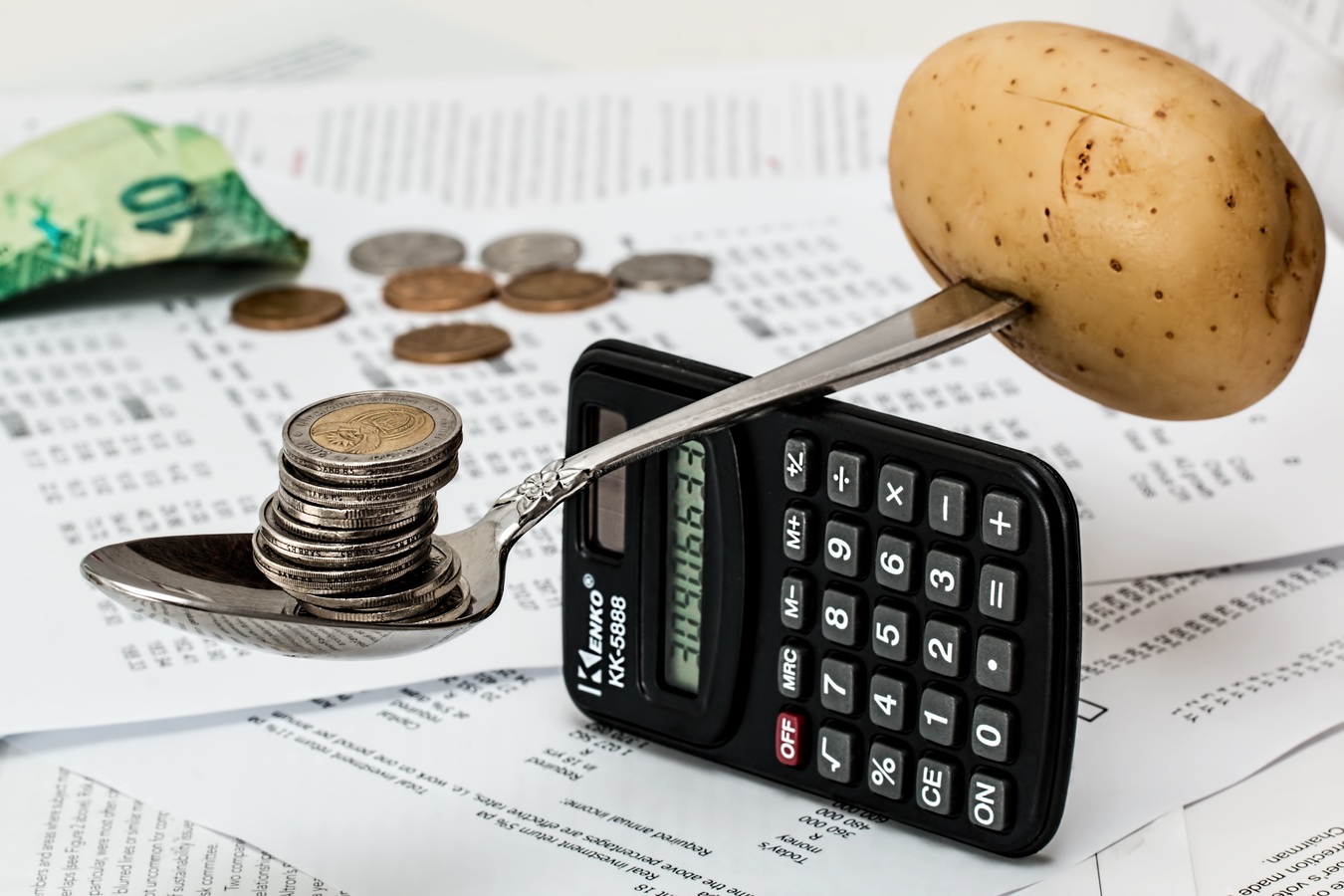Staying out of debt means that you don’t have any debt to start with. Being debt-free can mean different things to different people. It can mean that you can relax under a coconut tree in Vanuatu or Tahiti with no financial care in the world, or it can mean keeping up to date with all your monthly repayments and never falling behind. Unless you are born into a truly wealthy family, it is most unlikely that you will go through life without incurring any debt. However, some types of debt are definitely better than others. A home loan for example can be classified as “good” debt since it is helping you acquire an asset, which will grow in value. Credit card debt on the other hand can be classified as a “bad” debt since it will rarely be used to acquire an asset that will grow in value and is an extremely expensive form of finance.
Use the Following 5 Tips to Stay Debt-Free
Pay your credit cards in full each month
Since credit card interest rates are higher than interest rates on most other forms of credit, it is important to pay them off in full and on time each month. Even if you are 1 day late, you will be charged a late fee, generally about $20 or more. This would be better utilised in your savings account. Also, the interest charged will be added to the principal so that you will pay interest on interest. This is a seriously bad idea. What is more, credit card companies make your credit record available to Veda Advantage, a credit ratings agency, which most finance providers refer to before deciding whether or not to lend you money or give you a credit card.
Making your credit card repayments ahead of time just became even more important. Even though nobody may notice today if you’re 3 days late paying your monthly credit card bill or your quarterly electricity statement, soon any potential lender will be able to see every time you’ve missed one payment or been a few days late. They can use what information they find to help them decide whether or not to lend to you or give you a credit limit increase, or a new credit card, so while it may not mean the end of the world, we think you’d agree it’s better to be safe than sorry and get your finances in order today (see the list at the bottom of this article for more on how to do that).”
Stay within your budget
There is absolutely no point in making a budget unless you check it regularly and compare your spending with the budget. If you find that you are regularly spending more, then either revise the budget or eliminate some items from it, e.g. soft drinks, sweets, alcohol. While all of these things are nice to have, you can live without them. Fast food also falls into this category and is generally more expensive than home-cooked meals
“Budgets come in handy just letting you know where your money is going every month. Without knowing where your money is at you can run the risk of having money begin wasted in places you don’t want.”
Identify your weaknesses

You might have a special weakness for shoes, gym gear or sporting equipment. Be aware of what your particular weakness is and consider if you really need yet another pair of high tech running shoes, the latest model smartphone or another gadget. If it is not in your monthly budget, don’t buy it. Remember, your budget is all you can afford. If you desperately need to have it, you will have to do without something else in your budget.
“What is the one thing that you find very hard to resist buying? It could be the latest electronic gadget, clothes, art, vacations, eating out — you name it.
It’s the one thing you just can’t seem to stop yourself from spending money on if it’s right in front of you. These are your money triggers.
By identifying your weaknesses you can avoid impulse spending by removing the temptation — or by avoiding the temptation altogether.”
Pay for your entertainment in cash
If you don’t have sufficient cash to go out, either stay at home or visit friends in their home or go to a cheaper venue. Go to BYO restaurants, since alcoholic drinks are generally the most expensive items on the menu and often 2-3 times the cost of the same beverage in a bottle shop. Invite friends to your place and ask everyone to bring a dish.
Pay all your bills on time
If you have made an honest and careful budget, you should have sufficient money to do this. Many suppliers charge interest on late payment of bills, e.g. electricity companies, strata levies, telephone bills, car repayments not to mention credit cards, yet again. You may well blow your budget if you pay your bills late since you have probably not included this interest in your budget.
